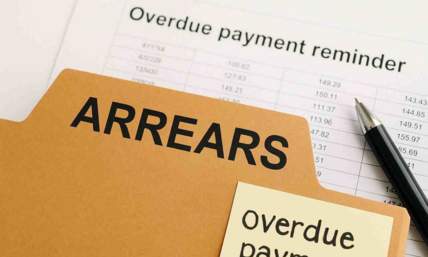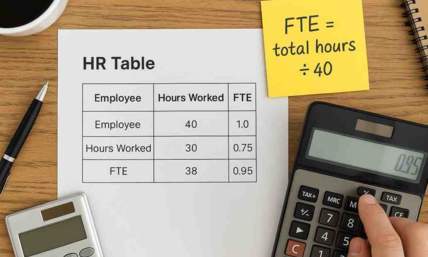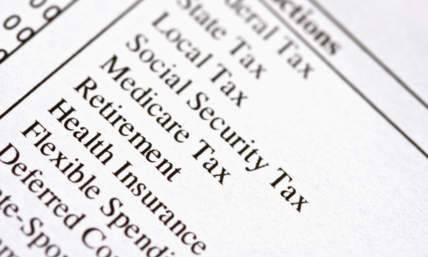5 Tips On How To Reduce Taxes On 1099 Income
If you are one of the roughly 15 million Americans who're self-employed, here are some tips on reducing self-employment tax for a 1099 individual.
As a self-employed person, you have a legal obligation to pay self-employment tax when your gross earnings for the tax year hit $400. 15.3 percent of your gross earnings go to tax. Not exciting, right? The good news is you're entitled to certain tax breaks. This IRS tax form presents information about your earnings, perhaps from your sole proprietor business, independent contractor jobs, dividend income - just anything other than salaries, wages, and tips. Read on to find out the juicy details.
Also read: Required Information On A Pay Stub
1. Figure Out Your Income
When you're an employee, your employer keeps a record of your earnings, so it's easy to know how much you earned in a specific tax year. But when you're self-employed, you have to stay on top of your earnings. This means keeping every paid invoice or even creating paystubs for every paid job. With a record of all your payments for the year, you will easily be able to calculate your gross income, and consequently your taxable income.
If you don't have a good handle on your income, you won't be able to identify your tax bracket, effectively putting yourself at risk of under or overpaying your taxes.
Also read: What Qualifies As Proof Of Income?
2. Track Your Business Expenses
Some business expenses are deductible from your taxes. They include:
- Advertising expenses
- Business insurance
- Car expenses related to your business - like fueling to deliver a package to a client
- Office expenses, like cleaning services, stationery supplies
- Home office expenses, like utility bills
- Business travel expenses - like buying an air ticket to attend a conference.
Be sure to keep the receipts every time you incur a business expense that's tax-deductible. When tax season comes around, you'll simply sum up the expenses and file them as deductions.
3. Track Tax-Deductible Personal Expenses
Since self-employment tax, treats you as both an employer and employee, you have the luxury of deducting qualifying business and personal expenses. In the personal expenses category, you can deduct the cost of medical insurance for you, your spouse, and kids. Unable to keep track of these expenses? That's probably because you're relying on manual methods, like storing receipts in a shoebox!
Invest in a records automation software or a budgeting app and make your life a little easier.
Also read: A Full Breakdown of W2 And 1099 Filing Specifications
4. Keep An Eye On Company Structure
Most self-employed people form sole proprietor businesses, and for good reason. Sole proprietorships are easy and cheap to form. However, when you are pulling in lots of money - more than $100,000 annually - this structure isn't the best for self-employment tax savings. Consider forming an S-corporation to enjoy substantial tax benefits.
5. Consult/Hire A Tax Advisor
The tax code is often complex, and it changes from time to time. As a layman, it's difficult to stay abreast of all your tax obligations while trying to earn a self-employment income. Why not let a tax professional do this task for you? Yes, you'll pay for the service, but you'll likely make more tax savings. The professional will ensure you're making the most of all your deductions.
Now You Know How To Reduce Self-Employment Tax
Paying your taxes is one of the most patriotic things you can do. However, that doesn't mean paying as much as possible. Deductions exist for a reason, and you should make good use of them. Lastly, learning how to reduce self-employment tax isn't a one-day thing. It takes some time to understand all the relevant provisions of the tax code.
Found the post informative? Feel free to share it around and help your self-employed friends save money! Feel like getting educated further on the 1099 form? We've got your back! Should you need to create a paystub, do check out our paystub generator.















